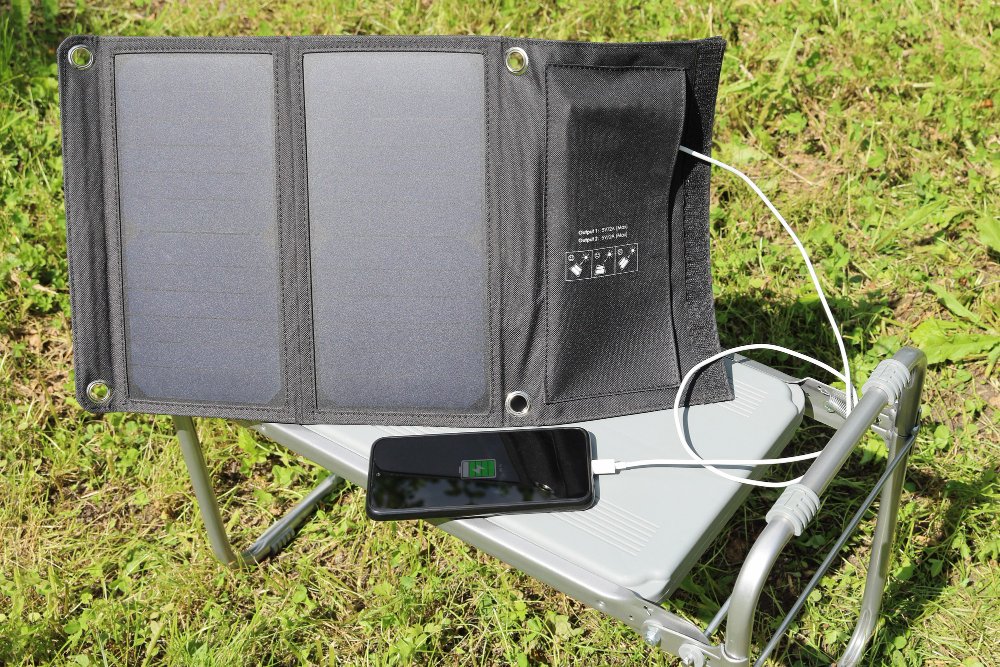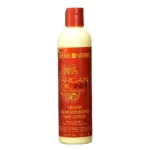Concerned with your energy consumption and the environment? Look no further; portable solar power for homes is the way to go. Yes, solar energy is popular anywhere, but it has become a top choice for many Filipinos. First off, it’s a highly convenient way to get electricity for your outdoor adventures. Not to mention, during power outages.
But choosing the right setups can be confusing for some. So, let’s make the process simpler. We will now guide you on how to pick the best portable solar system. Let’s help you make a smarter energy choice!
Understanding Your Power Needs
For Camping and Outdoor Use
When camping, your power needs are usually small. You might want to charge phones, cameras, or a small power bank. You might also need to run a small fan or a camping light at night.
So for these uses, a small portable panel is often enough. A setup with a power rating of 50 to 100 watts is a good start. These small systems are light and easy to carry. They’ll give you enough power for your basic needs in the outdoors.
For Home Backup Power
For home use, you will need more power. A portable system for your home should be able to run essential appliances (e.g., Lights, fan, internet router), and maybe even a television.
Now for these, a larger system is needed. A setup with a power rating of 200 to 500 watts is a good range. This will give you enough power to get through a blackout comfortably. It can run several devices at once.
What to Look for in a Portable Solar Setup
Power Capacity and Panel Type
The system’s power capacity, measured in watts, is very important. Match the watt rating to the appliances you need to run. Also, consider the panel type. Foldable panels are great for camping. They are compact and easy to store. Rigid panels on the other hand are good for home use. They can be placed on a balcony or a small roof. There are also flexible panels. These are lighter and can be put on curved surfaces.
Battery and Inverter
The battery is where the energy is stored. In the evening, this will allow you to use power since the sun is not out. Also a larger battery can store more power. For home backup, this is necessary.
An inverter changes the solar power into usable electricity for your devices. So make sure the inverter has enough power to run all the appliances you need at the same time. Remember, the quality of the battery and inverter affects the system’s performance and lifespan.
Portability and Durability
The ease of carrying the system is a factor. Like for camping, look for a setup that is light and has a handle. The setup should be strong enough to handle travel. As for home use, portability is good, but durability is also a big factor.
The system should be able to stand up to rain and heat. So check the materials and build quality of the panels, as well as the battery box. A durable system will last longer and serve you better.
Practical Tips for Choosing in the Philippines
Check for Weather Resistance
Given the country’s weather conditions, make sure the portable setup is built for it. So get panels that’re waterproof and have strong frames. The battery box should also be well-sealed to protect the electronics from moisture. A system built for tough weather will last longer and perform better.
Compare Prices and Value
Look into the prices of different brands. A low-cost system may not be of good value if it does not last long. So compare features, quality, and warranties. A system with a longer warranty often means the company has confidence in its product. Go for systems that offer the best balance of quality and price.
Consider Expandability
Some portable systems can be expanded later. This means you can add more panels or a bigger battery as your needs grow. This is a smart option if you plan to use the system for both camping and home backup. You can start with a small setup for camping. Later, you can add to it for more home backup power. This makes the system more versatile and useful over time.
Look for Local Support
Here in the Philippines, it’s helpful to buy from a company that has local support. This way, you’ll get quick help if you have a question or a problem with your system. They can also provide maintenance or parts if needed.
Key Takeaway
Consider your energy needs when choosing the right portable solar panel setups. For camping, for instance, a small and light setup works well. But for home backup, a larger system is a better choice. Look for features like the right power capacity, a good battery, and durability.
Once you’ve done this, compare brands, and look for local support to help you find the best value. And of course, pick a system that can handle the local climate. When you follow these steps, you’ll surely find one that provides reliable and clean energy for your needs.


